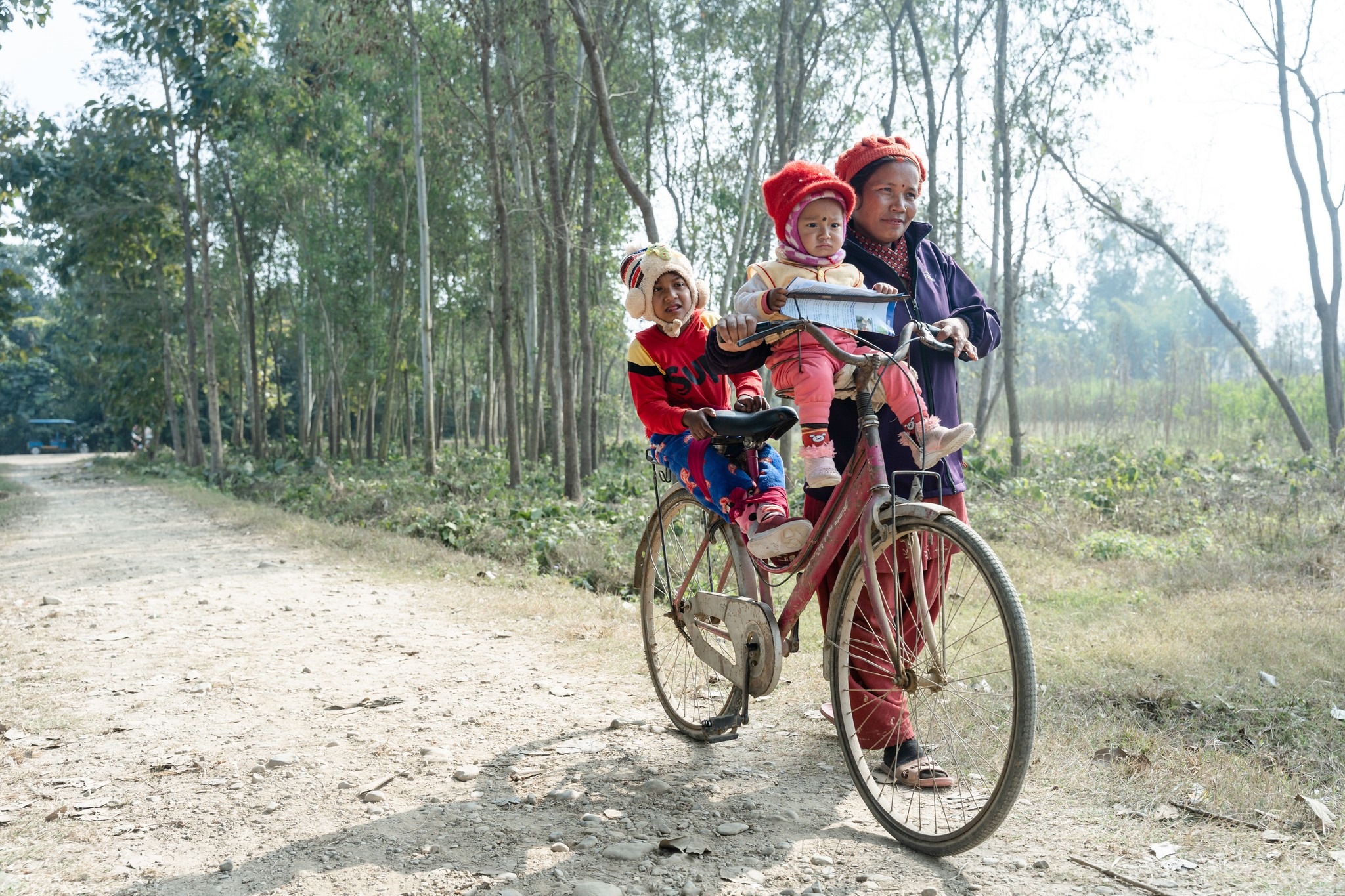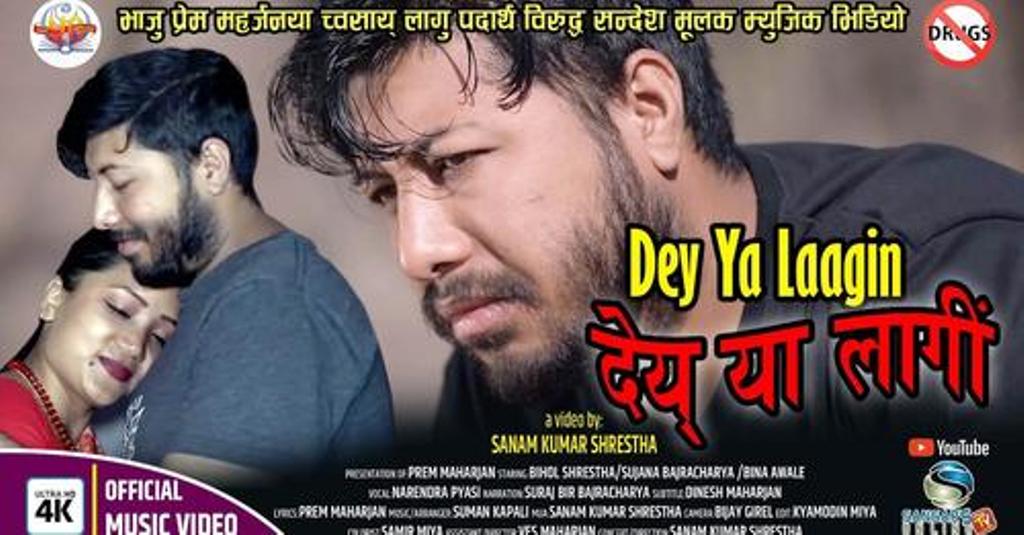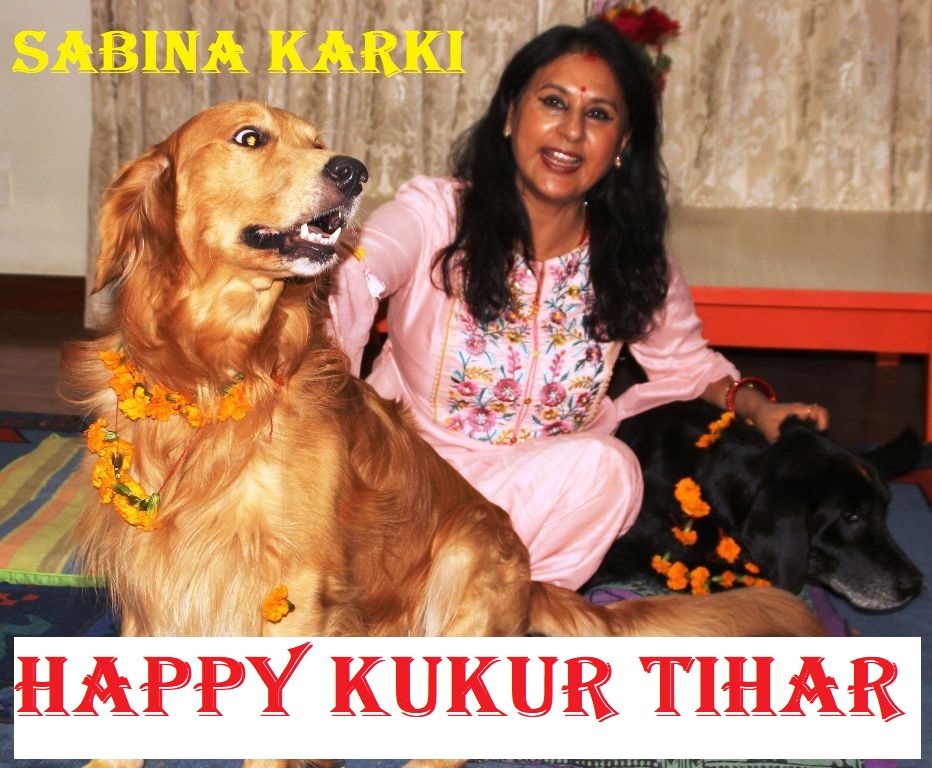Meena Thapa says her daughter’s disability had made it difficult to take her anywhere, including to the health facility for vaccination. This was one of the reasons the now 10-year-old Deepshika from Nepalgunj had not received the measles-rubella vaccine when she was met by a team from the Behavioral Science Center (BSC), as part of their household outreach work in the wake of the recent measles outbreak in Banke.
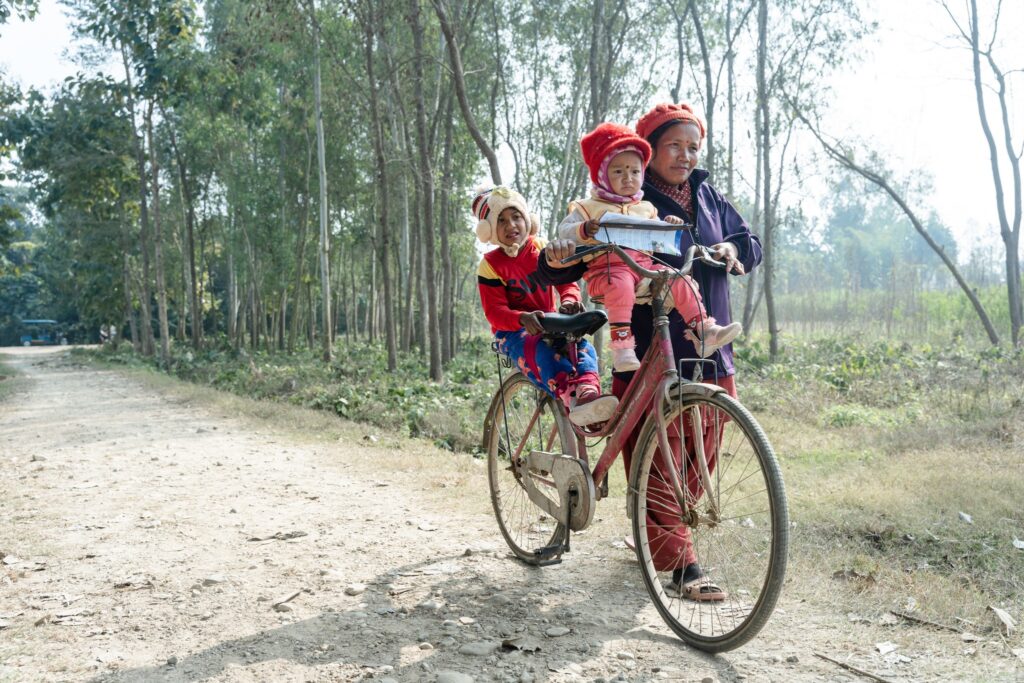
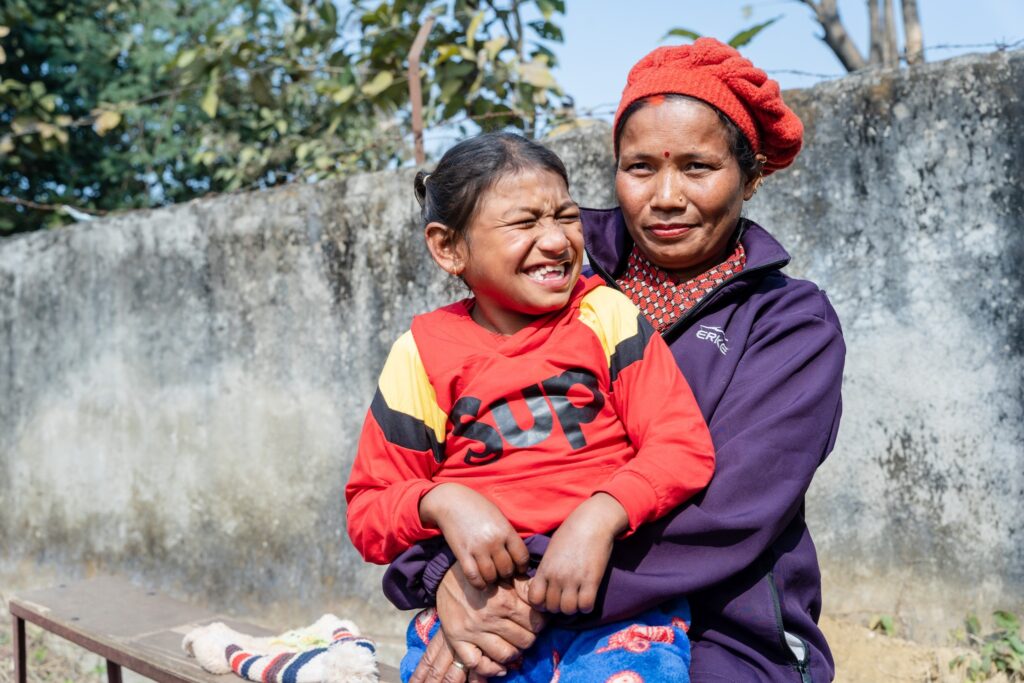
The BSC was established by the Kathmandu University School of Medical Sciences (KUSMS) in collaboration with UNICEF-Nepal and JSl in 2022, to understand and address behavioral and social drivers affecting immunization in communities.
Following a personal counselling session where Meena was informed about the dangers that measles pose to unvaccinated children, and a discussion about how vaccines contribute to children’s health and futures, the young mother was persuaded to take both her girls to get the vaccine.
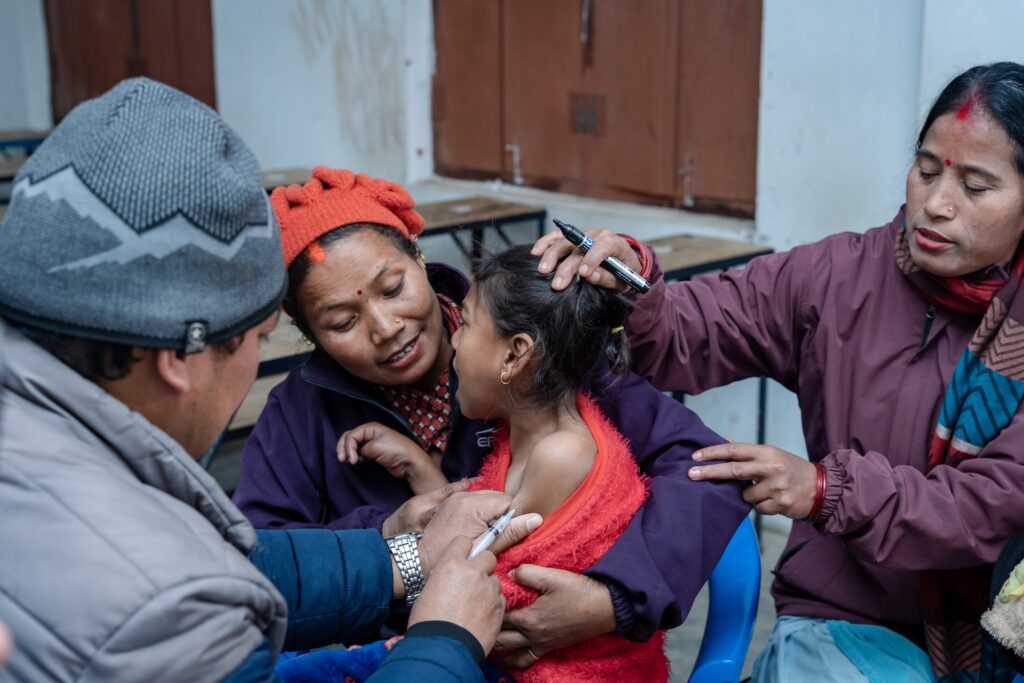
Meena says that she is glad she made the effort for her children, and feels that she understands the importance of immunization better.
(Source-UNICEF NEPAL)
